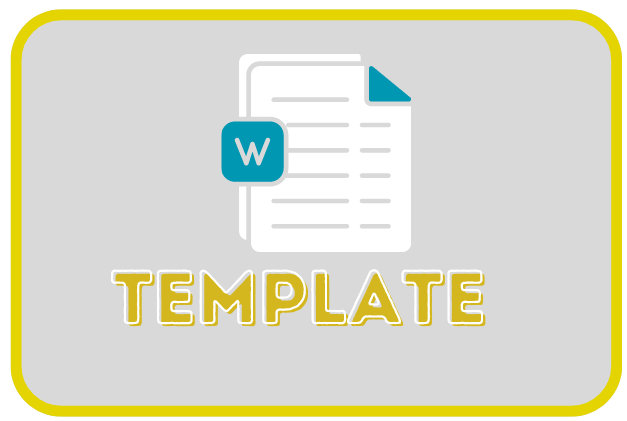MANAJEMEN PENDIDIKAN AKHLAK SANTRI
DOI:
https://doi.org/10.24256/kelola.v7i2.3925Keywords:
Education Management, Students’ MoralAbstract
References
Ampel, Tim Dosen IAIN Sunan. Dasar-Dasar Kependidikan Islam. Surabaya: Karya Abditama, 1996.
Atika. Seni Mengelola Aset Berbasis Wealth Management Di Lembaga Pendidikan Islam Proceeding The 1 Annual Conference on Islamic Education Management. Yogyakarta: Perkumpulan Program Studi manajemen Pendidikan Islam (PPMPI), 2016.
Hidayatullah, M. Furqan. Pendidikan Karakter: Membangun Peradaban Bangsa. Surakarta: Yuma Pressindo, 2010.
Indonesia National on Commission Violence against Women. Lembar Fakta Catatan Tahunan (CATAHU). Jakarta: National Human Rights Institution Independent Report, 2016.
M. Sulthon Masyhuddan, Moh. Khusnurdilo. Manajemen Pondok Pesantren. Jakarta: Diva Pustaka, 2005.
Mahmud, Ali Abdul halim. Akhlak Mulia. Jakarta: Gema Insani, 2009.
Nizar, Syamsul. Filsafat Pendidikan Islam. Jakarta: Ciputat Press, 2005.
Nurdin, Muhammad. Kiat Menjadi Guru Profesional. Jakarta: Ar-Ruzz Media, 2008.
Sindhunata. Menggagas Paradigma Baru Pendidikan. Yogyakarta: Kanisius, n.d. Tilaar, H.A.R. Paradigma Baru Pendidikan Nasional. Jakarta: Rineka Cipta, 2009.
Ulwan, Abdullah Nasih. Pendidikan Anak Dalam Islam. Jakarta: Pustaka Amani, 1990.
Zainuddin. Seluk Beluk Pendidikan Dari Al-Ghazali,. Jakarta: Bumi Aksara, 1991.




 This is an open access article under the
This is an open access article under the 